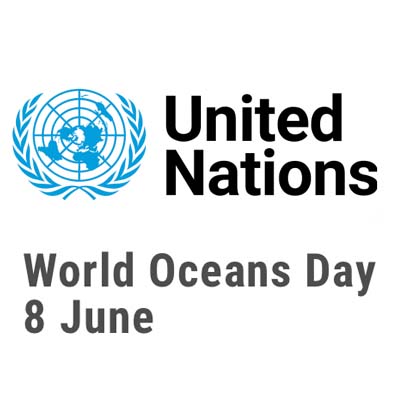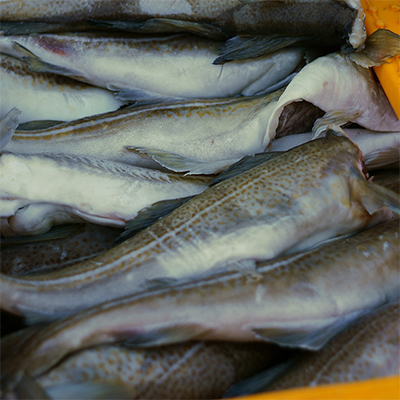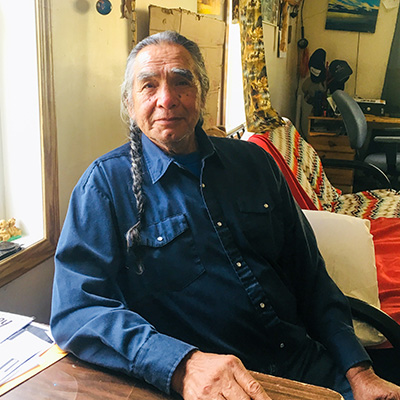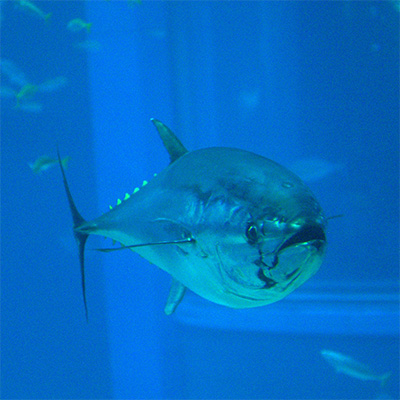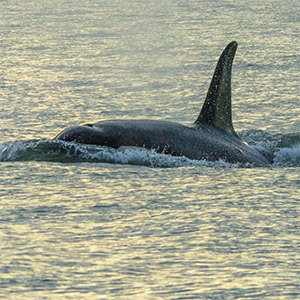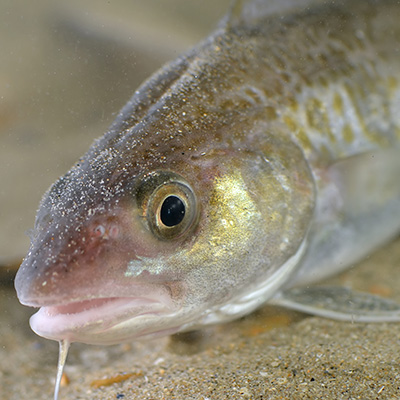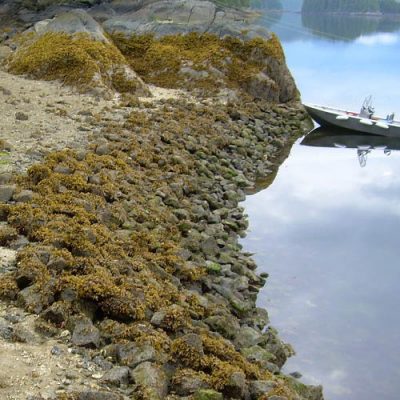World Oceans Week 2022 – Dr. Nicola Smith
Dr. Nicola Smith is bringing together knowledge creators from diverse groups across Canada to uncover the true scale of greenhouse gas emissions created by Canada’s ocean industries, and ways to best offset these emissions.
World Oceans Week 2022 – Dr. Deng Palomares
Dr. Deng Palomares discusses how her research spurs collective action for ocean health, and how poverty creates barriers for marine stewardship.
Scientists urge WTO to ban subsidies that promote overfishing
Scientists are calling on the World Trade Organization (WTO) to ban subsidies that can cause overfishing at its meeting next week.
PhD student Alexander Duncan appointed to Indigenous Leadership Circle in Research
This new group will advise the presidents of Canada’s three federal research funding agencies – CIHR, NSERC and SSHRC.
Elders share knowledge of profound wild Pacific salmon decline
Elders reported that salmon catches are one sixth what they were 50 to 70 years ago, and that the loss of salmon had taken a toll on their communities, especially their ability to teach young people about the fish.
New research pinpoints ‘blue corridors’ for highly migratory fish
New research has pinpointed four high-traffic areas in the Pacific Ocean that should be considered of high priority for the conservation of tuna, blue marlin and swordfish.
UBC students take on the Strait of Georgia
Students from IOF and other departments at UBC headed off on a whale-watching adventure.
Clues from decades-old studies shed light on Newfoundland and Labrador’s cod crisis
Efforts to rebuild the stock should be focused all along Newfoundland and Labrador’s coast, not just in the south, says Dr. George Rose.
New sea garden story map showcases Indigenous mariculture practices across the Pacific
The living map synthesizes information about ancestral mariculture across the Pacific Ocean and describes the work that a number of communities are undertaking to reawaken diverse sea gardens.
Decoding the secret lives of killer whales one micro-second at a time
Using methods to detect when the animals are catching prey and to model their energy expenditure will be key to understanding the differences between these neighbouring whale populations.
